As the father of four kids with ages from six to seventeen it is not hard for me to feel like I am drowning in a plethora of stuff. Each child brings home tons of things that are often on that borderline between something one really doesn’t want to curate long term, but too cute to toss.
Leaving my kids out of it, there’s simply too much stuff around.
This is particularly egregious when the stuff is “mall junk” made in China: things we don’t really need, created with no concern for the environment, using slave labor.
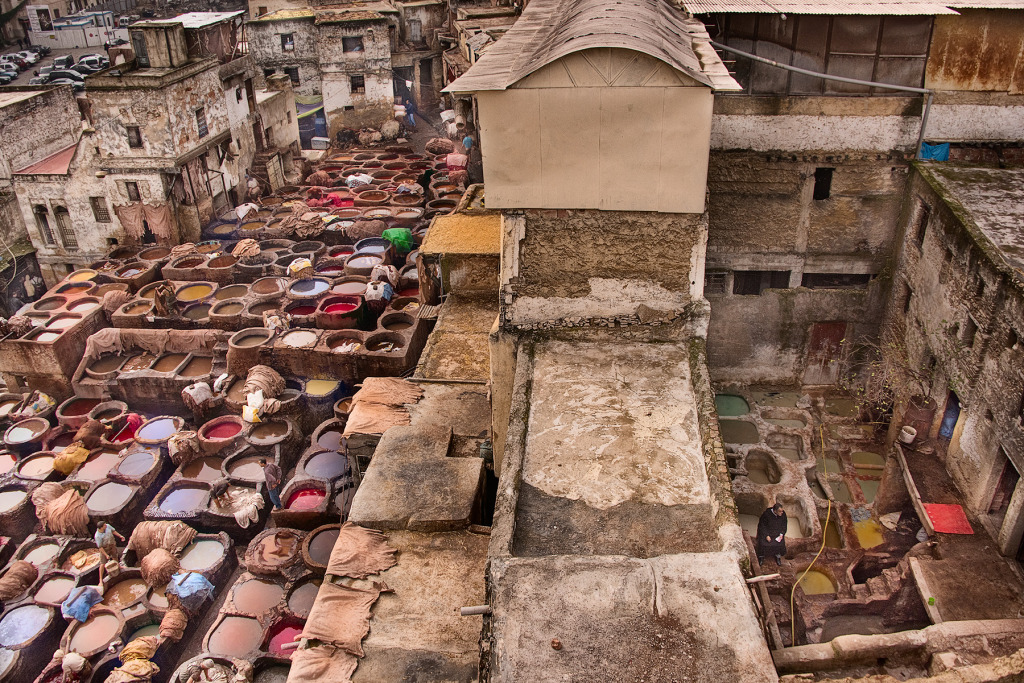
To inveigle against cheaply made plastic junk that is essentially a by-product of our thoughtless petroleum-based society is easy. This stuff will come to rest in a landfill somewhere, and will not enhance our spirituality, nor give us meaning in our lives, nor add beauty to our lives, nor increase our connection with other people.
Writers and thinkers such as Thoreau and Tolstoy have, to a greater or lesser extent, used the fruits of a stuff-based civilization to warn that stuff doesn’t bring happiness. Even comedians get into the act, with an entire George Carlin shtick based on the premise that stuff pervades our lives, simultaneously attracting and imprisoning us.
But does this knowledge help us avoid over-accumulation of things, make us wise, or tell us how to build a better life? Not really. There are no easy answers.
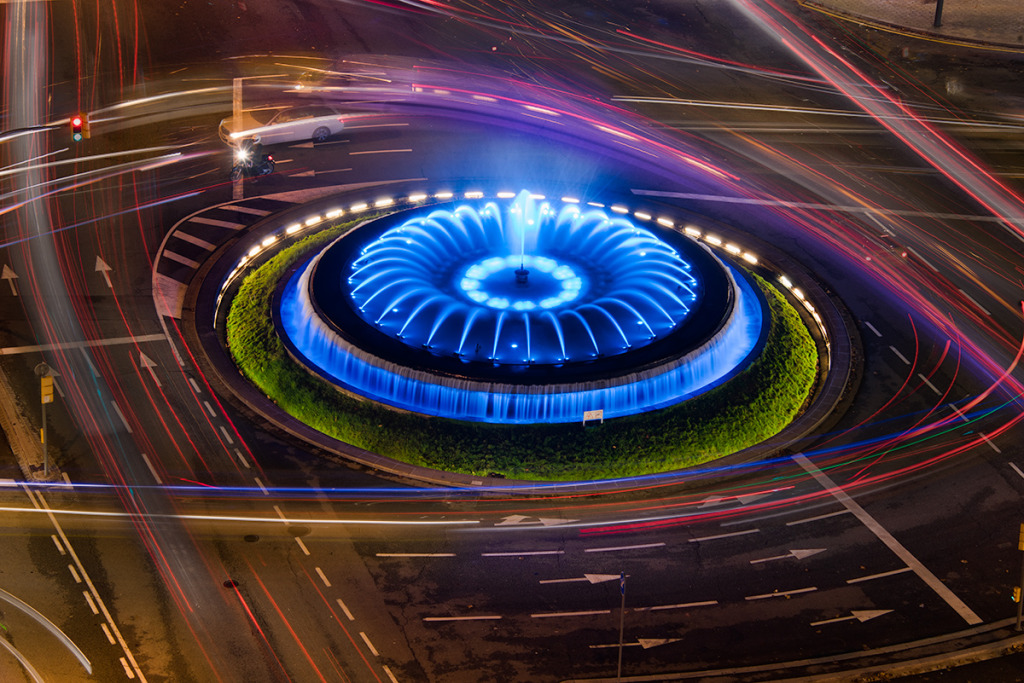
First, the world may be drowning in stuff, but some parts of this interconnected world are “a lot more equal than others” (in the words of George Orwell). People without shelter or food want more stuff, not less stuff, and are often subsisting on stuff discarded by others.
What happens when “stuff” goes online and becomes virtual?
The race to build virtual stuff, and to provide easier virtual access to this stuff, is a race to the bottom. Everyone can be a “published” writer on Amazon. There are more than 700,000 images in the virtual inventory at Art.com; this imagery ranges from stock photography to reproductions of van Gogh paintings, all available as inexpensive reproductions.
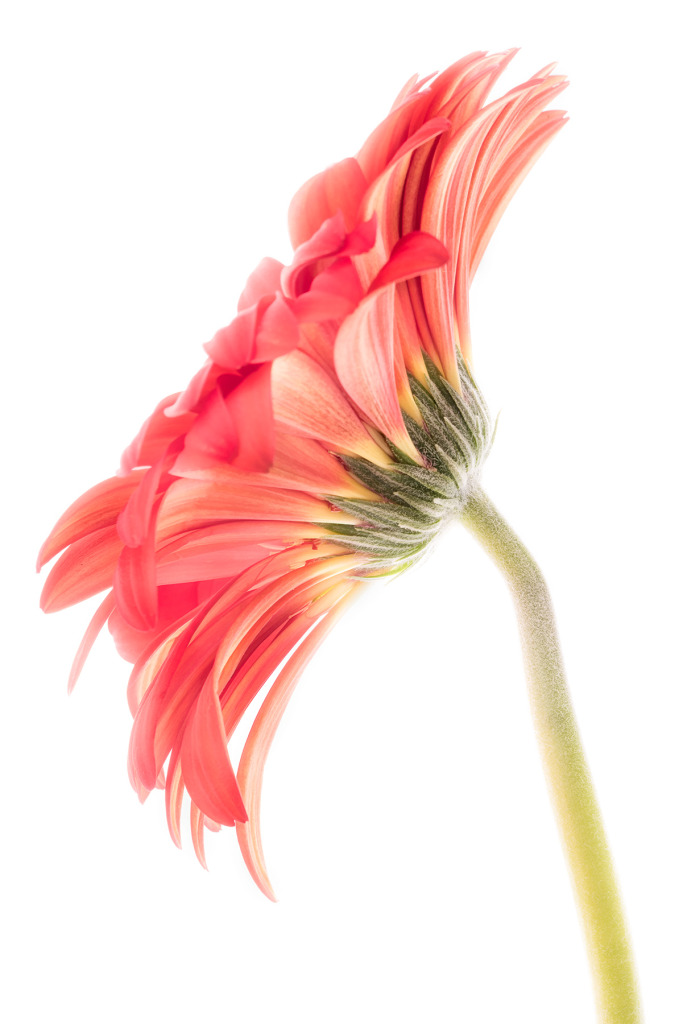
How do you navigate through the dross? What is the point of creating more words, or more imagery, to compete with this mélange of cheap stuff?
Do we want to spend our lives making things that are “just stuff”?
I think not.
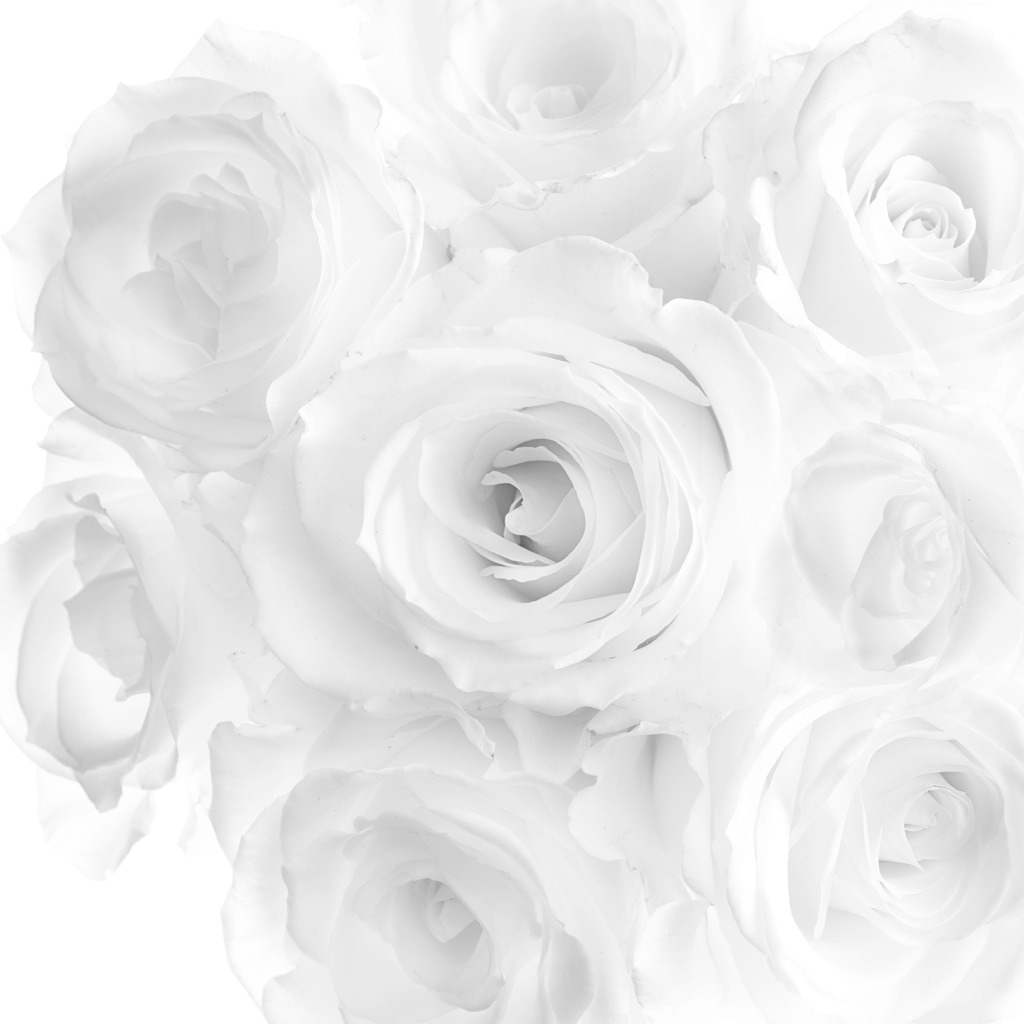
Whatever you do, however you do it, however much stuff is involved, be thoughtful and keep things simple. We don’t need more junk in this beautiful world of ours. We do need more work that is thoughtful, creates beauty, adds to our spiritual values, and fosters connections between people.
Eschewing hypocrisy and the hive mind that encourages rapacious consumption solely for the sake of consumption are good goals as well.
Why must people be so mean and greedy? If we did it right, there would be enough for all, without all the junk, and with beauty to spare.
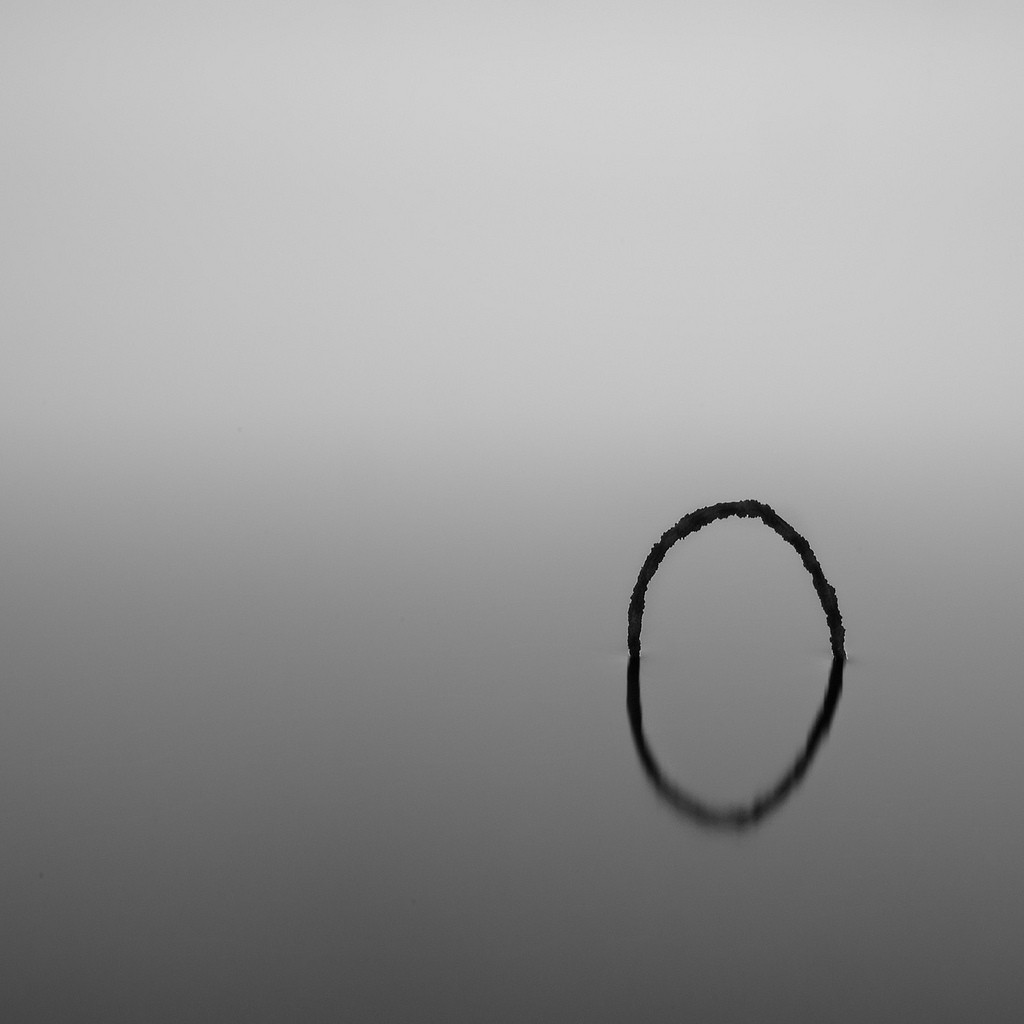
Mauro
4 Jan 2015Hi Harold,
this post is deeply disturbing because draw to our attention a question: what are the “stuff” we really need in our lives? And of course the most important “stuff” to choose among are the human relationships. How many relationships started for reason that were not oriented to make us better persons and continue on a basis of convenience, laziness and so on. I think that if we could deal with the hardest task to clean our relationship system and to give time and care to just those that make us better we will help ourselves and our fellows all over the world. “Minimalism” is the keyword on which we should concentrate, in everything, material and not.
How a difficult task!
Happy new year my friend
mauro
Merrill Mack
4 Jan 2015Well said. This year the Holidays made me ill with all the stuff. Stuff being what was bought, what was eaten, what was given away, and what still remains.
Happy New Year